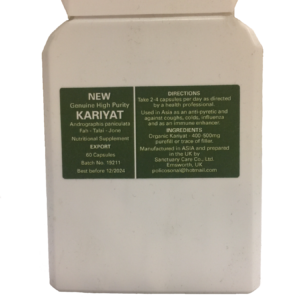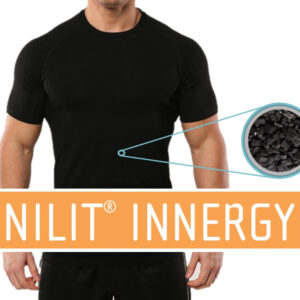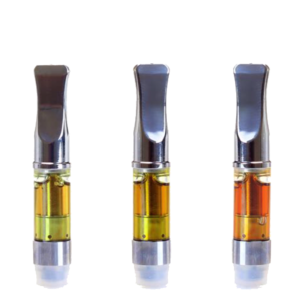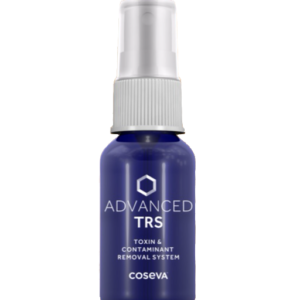For many people, Pain and Cancer are two of the same that come together, usually one comes with the other, but not all pain is cancerous, however long term chronic pain can turn into chronic inflammation.
Soetimes Cancerous pains are a little too much to handle, and most white powder pin killers can lead to serious negative adverse reactions from addiction to liver damage.
This is why we want to find something strong and natural to help our clients on their journey. We have spent years researching the best of the best in the natural world and are proud to present our latest find for pain, PEA or Palmitoylethanolamide
Palmitoylethanolamide is a fatty acid derivative.
Because it takes some time for Palmitoylethanolamide to build up in our bodies, certain effects may not be apparent right away.
The pain-relieving benefits of PEA are the most time-sensitive of its effects.
However, don’t be discouraged, since many individuals have had excellent results with PEA after supplementing it for 2-4 weeks.
This implies that if you want to get the most out of Palmitoylethanolamide, you must take it regularly.
When it comes to dosage, the standard dose for Palmitoylethanolamide is 400 mg-800mg, twice a day.
To maximize absorption, you should time your supplement intake with meals that contain dietary fats.
It works when you use it but not if you stop, however this can give you a chance to address movement and exercise and other healing modalities that would generally be out of reach until the person is pain free or pain less.
Palmitoylethanolamide (PEA) has been extensively studied with in excess of 500 Clinical studies showing PEA’s effectiveness in reducing chronic pain, neuropathic pain, chronic inflammation and in acute infections such as flu and colds.
It has been studied for its mood-elevating effects in animals.
It works by neurotransmitter signaling to activate the release of serotonin, dopamine, and GABA.
The inhibition of these chemicals is thought to be responsible for feelings of depression or anxiety which makes PEA useful as a treatment for depression and anxiety.
Here are some of the types of pain PEA has been studied with.
– Arthrosis
– Migraine
– Pelvic disorders
– Prostate diseases
– Endometriosis
– Chronic low back pain
– Chronic unexplained abdominal complaints
– Neck pain and whiplash injuries
– Fibromyalgia
– Palmitoylethanolamide (PEA) for Neuropathic Pain
Palmitoylethanolamide (PEA) 400mg capsules are effective for use with neuropathic pain including:
– Hernia
– Nerve entrapment syndromes
– Shingles
– Multiple sclerosis
– Pains and spasm post-stroke
– Chronic idiopathic axonal neuropathy
– Diabetes Type 1 and 2
– Chemotherapy and radiation for cancer
– Neuralgic pains
– Pains in ALS (Amyotrophic Lateral Sclerosis)
– Palmitoylethanolamide (PEA) for Chronic Inflammation
Palmitoylethanolamide (PEA) 400mg capsules are effective for use with chronic inflammation including:
– Chronic low-grade inflammation
– Inflammatory bowel disease
– Metabolic syndrome
– Vaginitis, vulvodynia, vestibulitis
– Bladder pain syndrome
– Prostatitis
– Arthritis
Side Effects of Palmitoylethanolamide (PEA)
Some people have reported that they experience mild side effects when taking PEA supplements or consuming high-fat meals with lots of palmitic acids, like indigestion and nausea.
Other side effects include:
– Muscle twitches and cramps
– Drowsiness or fatigue
– Loss of appetite







